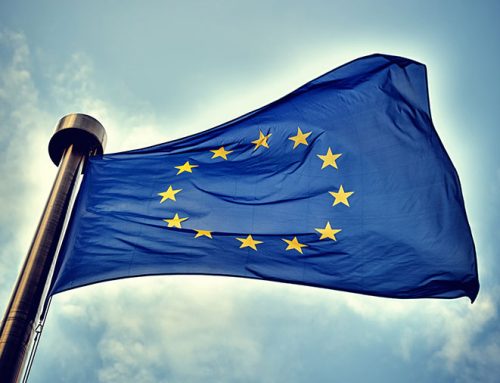The first Intergovernmental conference is an opportunity to share general attitudes between representatives of the EU and Serbia, present EU Negotiating framework, present Serbia`s negotiating team and propose calendar of meetings within the screening process that precedes essential negotiations.
The first Intergovernmental conference EU – Serbia, which will take place on Tuesday in Brussels, represents the beginning of negotiations at the political level.
At the table, there will be representatives of the European Commission and Member State that holds the presidency of the EU Council, on one side, and the delegation of the candidate country, on the other side. Format and level of representatives is defined by the host – the European Union. Chairman will be Greek Minister of Foreign Affairs Evangelos Venizelos, and the European Commission will be represented by Štefan Füle, Commissioner responsible for enlargement and/or Catherine Ashton, EU High Representative for Foreign Affairs and Security Policy and Vice-President of the European Commission, reports Danas.
The Government of the Republic of Serbia defines with the special act the composition of the delegation for each meeting of Intergovernmental conference on the Republic of Serbia`s accession to the European Union. At the first Intergovernmental conference in Brussels, Serbian delegation will be composed to respond reciprocally to the level of representatives set out by the EU. Thus, Serbia`s state delegation should be constituted of Prime Minister Ivica Dacic and the First Deputy Prime Minister Aleksandar Vucic, Minister in charge for European integration Branko Ruzic, chief negotiator, i.e. head of the Negotiating team Prof. Tanja Miscevic, and possibly members of Negotiating team who are the members due to their function (state secretaries at the Ministry of Foreign Affairs and Ministry of Finance and head of the diplomatic mission of the Republic of Serbia to the EU).
The first Intergovernmental conference is an opportunity to share general attitudes between representatives of the EU and Serbia, present EU Negotiating framework, present Serbia`s negotiating team and propose calendar of meetings within the screening process that precedes essential negotiations, as well as calendar of the next meetings of the Intergovernmental conference on negotiating chapters that will be opened.
EU Member States also adopted Negotiating framework for accession negotiations with Serbia, whose draft was harmonized from 23 July 2013, when the European Commission presented the first draft to the Member States, to 19 December, when it was adopted first by the European General Affairs Council, and then endorsed by the European Council on 20 December last year.
The draft Negotiating framework prepared for Serbia by the European Commission is composed of three parts: principles governing the negotiations, content of the negotiations and procedures. This framework is in 95 percent the same as the one prepared for Montenegro, and the difference is that special obligations are introduced for Serbia, through the negotiating Chapter 35, which follows progress in relations between Belgrade and Pristina. This document is not yet available for the public.



